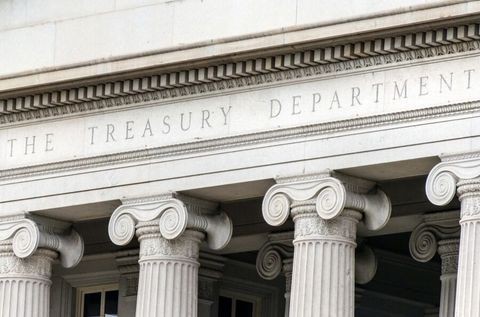Sluggers Hit News Network with Defamation Suit Over Reports of Performance-Enhancing Drugs
Client Alert | 3 min read | 01.29.16
In early January, Washington Nationals first baseman Ryan Zimmerman and Philadelphia Phillies first baseman Ryan Howard filed complaints against Al Jazeera America in federal court in Washington, D.C. for defamation and false light invasion of privacy. The (largely identical) complaints attack the veracity of Al Jazeera's December 26, 2015 report implicating Zimmerman and Howard, among others, in the use of performance-enhancing drugs. Importantly, shortly before the report aired and was published on Al Jazeera's website, the report's main source recanted his story.
The defamation case against Al Jazeera may be difficult for the first basemen, for at least three reasons:
- Truth is a complete defense to defamation – if Al Jazeera's allegations in the report are true, the sluggers will strike out. Al Jazeera's truth defense is also a risk for Zimmerman and Howard: it subjects their respective training and supplement usage programs to discovery.
- Because Zimmerman and Howard are public figures under defamation law, they must prove that Al Jazeera had actual malice in making the allegations against them – either by proving that Al Jazeera knew that its statements were false, or by proving that Al Jazeera acted with reckless disregard for the allegation's truth or falsity. While the recantation from Al Jazeera's main source may be a helpful fact, the ballplayers will need more to show actual malice.
- Neither Al Jazeera nor its employees made the accusations contained in the investigative report – the report merely gathered news in the form of its source's statements. Defamation law grants journalists substantial leeway to gather and disseminate news, even if the news later proves untrue.
But the first basemen need not swing for the fences in this case. The more important win may not come from the district court, but from the court of public (and sponsor) opinion. Zimmerman and Howard's complaints may be a tactical move in a larger brand protection strategy. Regardless of the cases' outcomes, so long as the players maintain their wholesome reputations with fans and, relatedly, valuable sponsors, the players may be satisfied.
The recent announcement that the news network is shutting down its U.S. operations on April 30th adds an interesting wrinkle to the case. For now the lawsuits are active, but don't be surprised if the suits were to settle quietly – likely before any discovery would begin.
Other Articles in This Month's Edition:
- Sports Stars Take on Video Game Makers: Right of Publicity or First Amendment? The Supreme Court May Decide
- Spurned St. Louis Rams Fans Sue L.A.-Bound Team for Deceptive Marketing
- Battling Counterfeits: Supply Chain Management and Regulatory Tools Help Protect against Harmful Counterfeit Products
- Hoverboards: Gliding Toward Oblivion?
- Supreme Court Limits Effect of Rule 68 for Class Actions in Campbell-Ewald
- Advertisers in the Ring — A Roundup of This Month's Competitor Advertising Challenges: Resolve to Watch the Scope of Claims — and NAD Jurisdiction
Contacts
Insights
Client Alert | 3 min read | 10.10.25
New Post Appeals Mediation Pilot Program
On October 1, 2025, the IRS Independent Office of Appeals launched a two-year pilot program to make Post Appeals Mediation (PAM) more attractive and accessible to taxpayers. See IRS Announcement 2025-10. The new PAM pilot program offers taxpayers the opportunity to be assigned to a new Appeals team, which is otherwise unconnected to the underlying case, who will represent the original Appeals team in the mediation session. The assignment of the new Appeals team does not begin a new appeals process but rather is intended to help facilitate an expedited and impartial look at the underlying case with the goal of further exploring all potential paths to resolution prior to litigation.
Client Alert | 1 min read | 10.09.25
New California Algorithmic Pricing Law Could Have Far Reaching Effects
Client Alert | 5 min read | 10.08.25
California’s AI Transparency Act (CAITA) May be Amended to Regulate Social Media Platforms
Client Alert | 6 min read | 10.08.25
Hacker No Fly Zone: FAA and TSA Propose Cybersecurity Rules for Drone Ecosystem



